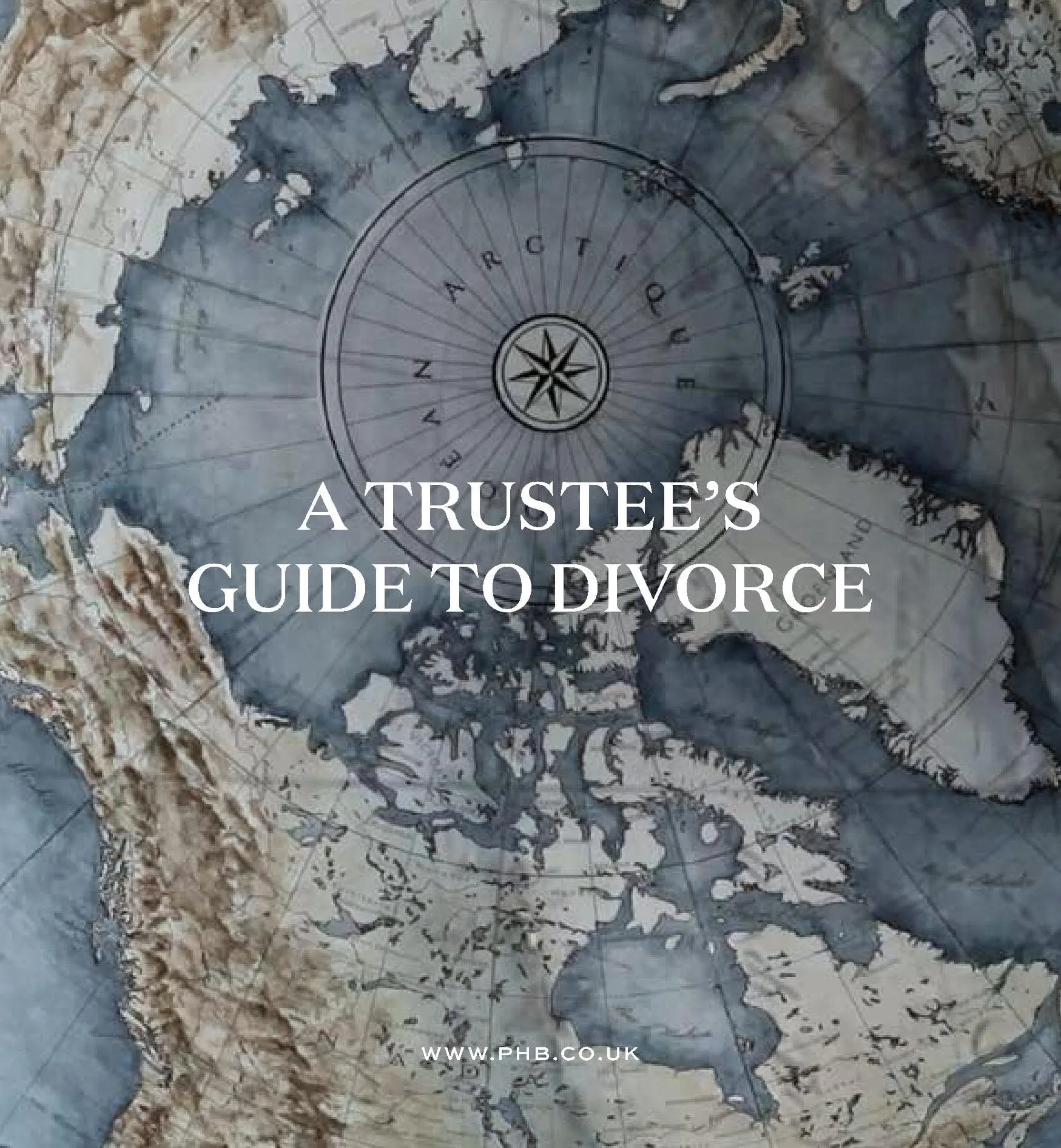
Sharia Divorce
We are highly experienced practitioners in all aspects of family law and our work frequently has an international flavour. We are well-versed in representing clients where there are complex elements of international law at play and have particular experience in dealing with cross border disputes where Islamic Sharia law matters have to be taken into account. This involves disputes relating to finances and also children.
We frequently encounter cases where there has been a Nikah ceremony (Islamic marriage contract) that needs to be considered and taken into account as part of the analysis of the case. We are sensitive to the interplay between Islamic and UK laws and are able to advise where marriages have taken place under Islamic law and not been formalised under English law. Under UK law a Nikah ceremony alone will not be recognised as a valid marriage unless a civil ceremony has also taken place. This can impact on the financial provision which is then made to either a spouse or any children of the relationship.
We are also able to advise on the recognition of overseas marriages and whether they will be recognised by the UK courts, enabling a party to apply for financial orders. We are also experts in advising on what rights may be available if the marriage is not recognised as valid, and on using trust and property laws in those circumstances.
We are highly experienced in acting in such cases with a proven track record in some of the most high profile cases that have come before the courts. The department famously represented Princess Haya of Jordan in the Al-M litigation and the judgments in this litigation can be read here. We can offer advice and support through the divorce process in a manner that is respectful and considerate of faith and cultural sensitivities. We are known for our discretion and will work with you to bring matters to a conclusion in a swift and confidential manner.
FAQS
It depends. If you have only undergone an Islamic marriage then the talaq may bring the marriage to a conclusion. However, if you also underwent a civil ceremony then it will be necessary to terminate the civil marriage as well.
No. The position will depend on the country where the ceremony took place and whether it complied with the laws of that country. Each country has different local laws and it may be necessary to take local advice to clarify the position.
If you are not having a civil ceremony at the same time as the Islamic blessing or religious ceremony you are likely to not be married under English law, and a pre-nuptial agreement may not be appropriate in your case. You should therefore consider whether any other form of protection can be put in place, in consultation with solicitors.
Insights


Trust Issues – What can the English Family Court do with trusts on divorce

Divorce and dissolution – fastening trust assets when a beneficiary ties the knot

Navigating Divorce in the UK: The Role of a Financial Adviser

The cost of trustees being joined to financial remedy proceedings





